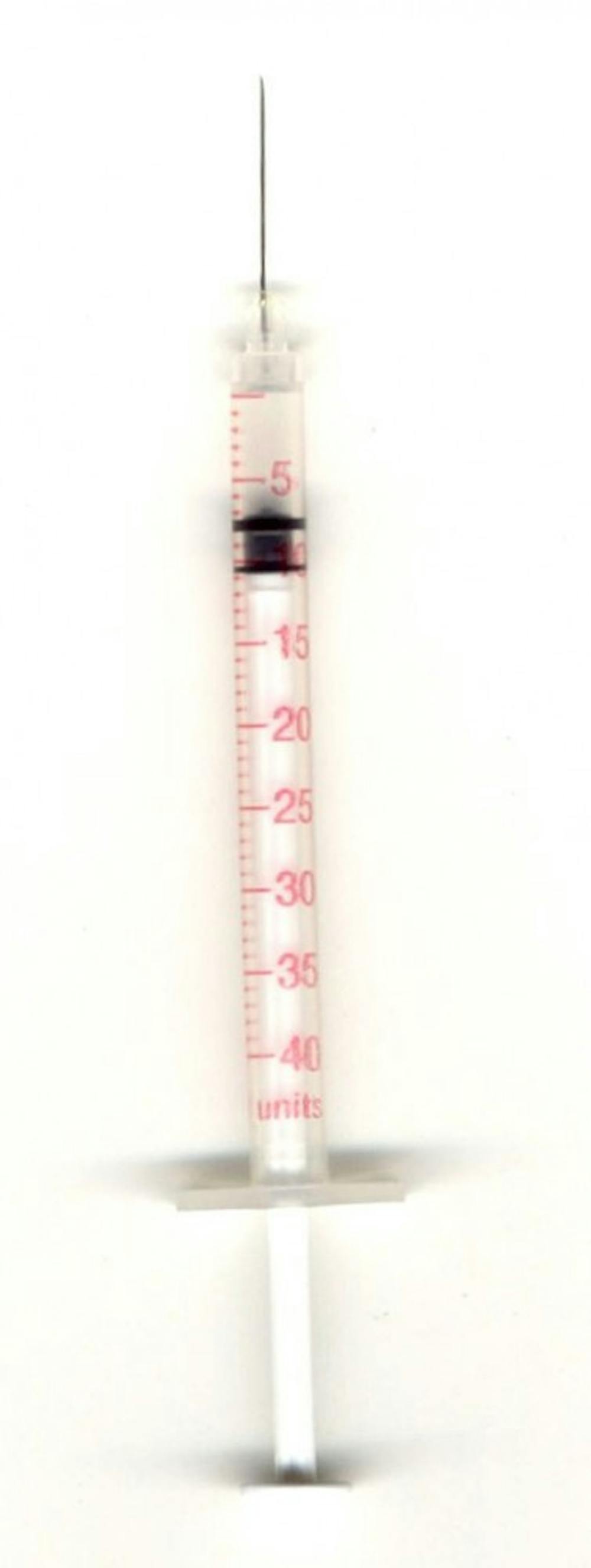Following the recent declaration of opioid addiction as a public health emergency, the Virginia Department of Health has drafted a bill to legalize syringe services to counteract the harmful consequences of mishandled injection equipment.
Health officials say passage of the bill during this year’s session of the General Assembly could prevent the spread of disease through the sharing or mishandling of used needles.
“Infections like HIV, hepatitis C [and] hepatitis B can be inadvertently transmitted from one person to another when injection equipment is shared,” Diana Jordan, director of the VDH’s Division of Disease Prevention, said.
The proposed bill would allow organizations that already provide preventative services, such as testing and referrals for treatment, to begin syringe services that supply drug users with sterile injection equipment in exchange for used equipment.
“We currently provide a lot of services for people to prevent the transmission of HIV and hepatitis,” Jordan said. “This would just be adding another intervention — which is access to sterile injection equipment and disposal of used injection equipment — to reduce disease transmission even further.”
This is the VDH’s second attempt at legalizing syringe services. Last year, the VDH proposed a similar bill that was sponsored by Del. John M. O’Bannon III (R-Henrico).
“I was glad to sponsor that bill, but I think the concerns of the courts people were around the exchange and some felt that wasn’t the best way to go,” O’Bannon said. “There were some pieces of the bill that the members of the criminal sub-committee of the Courts of Justice committee were not entirely comfortable with.”
O’Bannon said he was prompted to sponsor the VDH’s first proposal after hearing about a county in Indiana that experienced an unexpected surge of hepatitis C.
Scott County, Indiana suffered an outbreak of HIV cases due to a lack of attention to the growing number of hepatitis C contractions amongst the drug using population. The dramatic increase of individuals testing positive for hepatitis C indicated that there was extensive injection drug use, so these individuals were also vulnerable to contracting HIV in the same way they contracted hepatitis C.
Health officials, however, were unable to intervene in this situation because at the time syringe exchange programs were illegal. This resulted in 1 percent of the population testing positive for HIV.
“The proposal was to give the Commissioner of Health, in an emergency situation like in Indiana, the authority to go ahead with the safe needle exchanges,” O’Bannon said. “I thought this was a reasonable thing to do and that’s why I sponsored it.”
Although exact sources of funding is yet to be determined, the purchase of needles and syringes will be financed through non-governmental organizations. However, other aspects may be supported by government-sponsored grants.
“There has been a change in federal rules that allows some aspects of this type of a program, not needles and syringes, to be supported by federal grant money,” Jordan said.
O’Bannon introduced the new bill Jan. 12 and it has been referred to the house committee on health, welfare and institutions.







